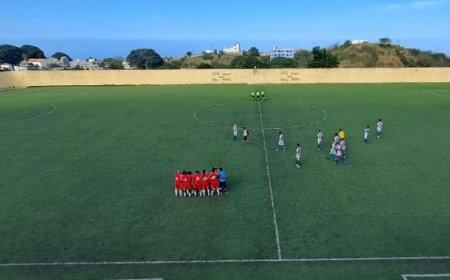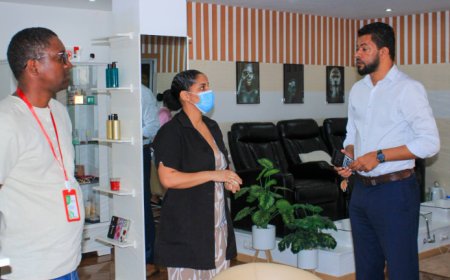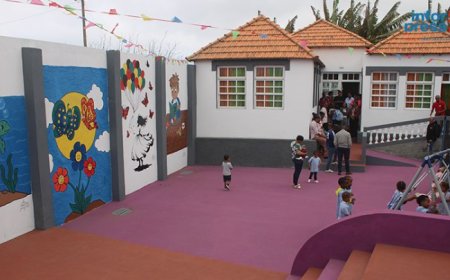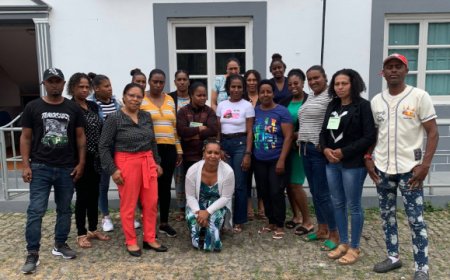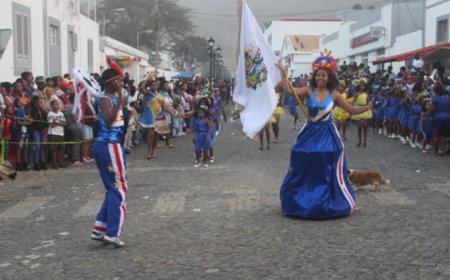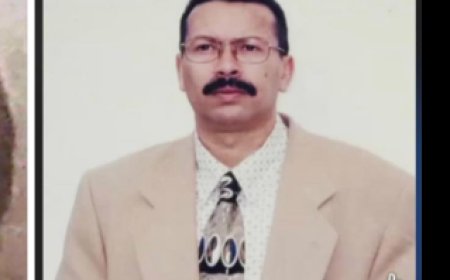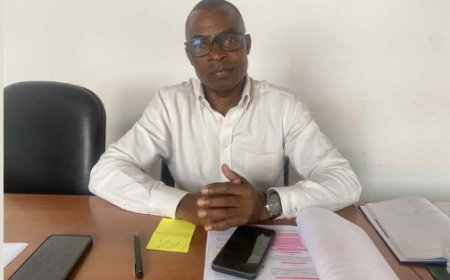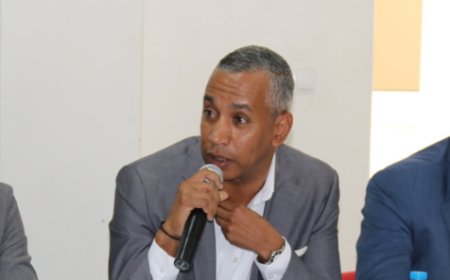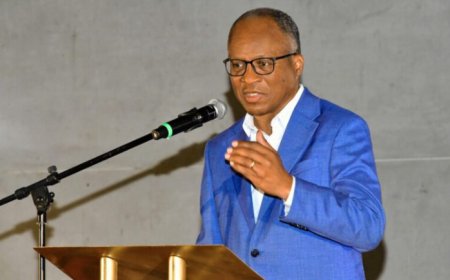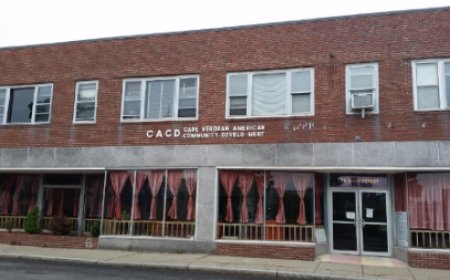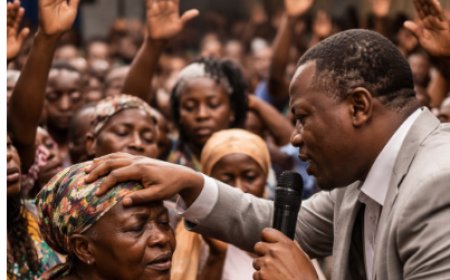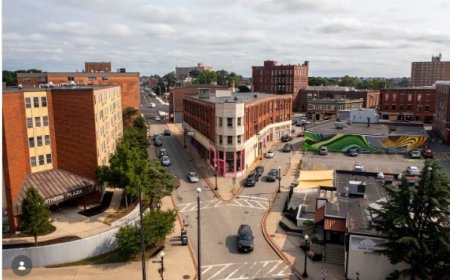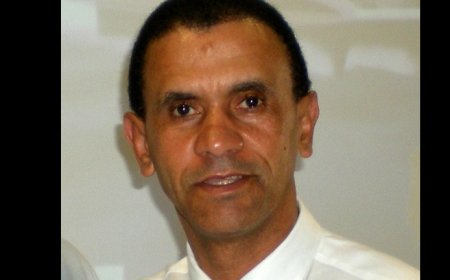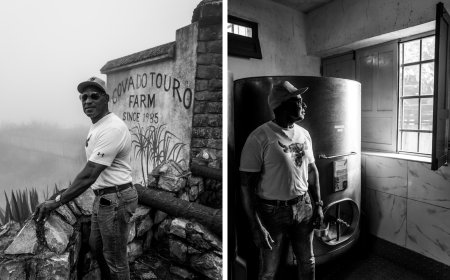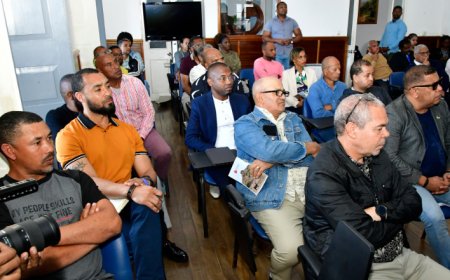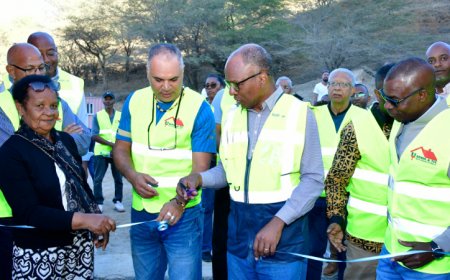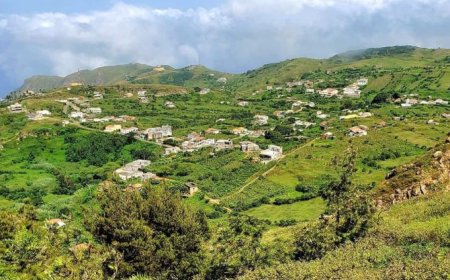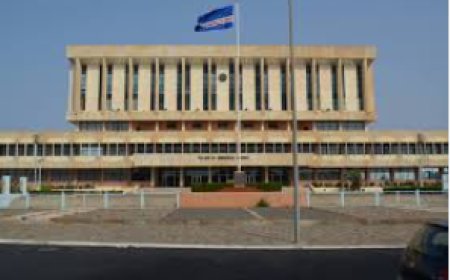Ilha Brava: Chronic political polarization blocks development
Nova Sintra City, October 6, 2025 (Bravanews) - Ilha Brava, known for its natural beauty and historical wealth, great potential in the agriculture, fishing and tourism sectors, is in a cycle of stagnation that has raised a wave of concern and frustration among its population. Tired of decades of unfulfilled promises, Bravenses point the finger at excessive political polarization as the main factor that has undermined its economic and social development. The alternation of power, described by many as a "theater of scissors", seems to result more in the mutual annulment of projects than in continuity and progress, condemning the island to a constant restart every election cycle.
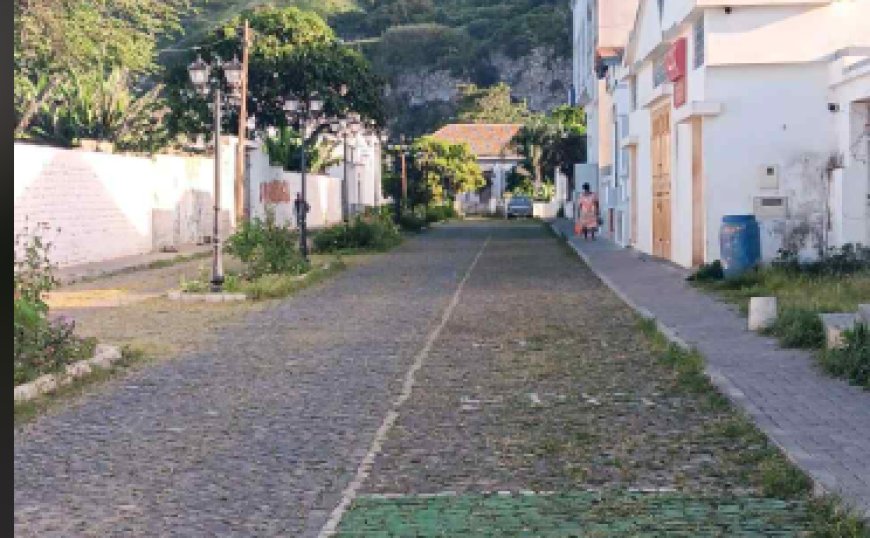
Political polarization is not a phenomenon exclusive to Ilha Brava, but is seen as a systemic problem in Cape Verde, capable of creating "blockages in our development process," according to analysts. However, the impact is particularly felt on the archipelago's smallest and most landlocked island, where each political decision has a disproportionate weight on the life of the community.
The recurring criticism is that, when taking over local governance, the new party's first objective is to "erode" the work of the predecessor, which leads to the interruption or discontinuation of essential projects, regardless of their validity. This party mentality leaves the island with the "impression that every election cycle starts all over again," preventing the accumulation of progress and the implementation of a long-term strategic vision for the municipality. Instead of a relay race where the baton is passed on, Brava is experiencing a zero-sum game where the victory of one party means the work of the other is annulled, to the detriment of the citizens' well-being.
The result of this political crisis is visible in the sectors vital to the island's survival and development, where the problems have become chronic and structural:
Inter-island transportation is by far Brava's "biggest challenge" and the fundamental pillar for its development. Without an airport, the island depends exclusively on the sea for connectivity. The municipalities have repeatedly warned of the crisis in maritime transport - namely the lack of regular cargo transportation - which leads to a shortage of basic necessities and jeopardizes the supply of essential goods for traders and the population.
The situation is more serious in emergencies. Incidents with connecting ships result in the immediate suspension of all voyages, leaving patients (such as pregnant women who need accompaniment in Fogo) and migrants stranded on the island. The opposition has criticized the government's "recurrent negligence" in guaranteeing a "reliable and resilient" maritime service, accusing the island of being treated as the "last priority" in the national connectivity system.
In the health sector, Brava, which shares a health region with Fogo, suffers from the distance in access to specialized services. Dependence on travel to Fogo for more complex cases is a constant risk, aggravated by transportation problems. In addition, the island has to deal with a lack of technicians in the laboratory and analysis sector.
In education, a study points to a considerable dropout rate and highlights the barriers in access to education and adequate infrastructure. The lack of economic prospects contributes to the massive outflow of young people, a loss of human capital that mortgages the island's future.
Despite its potential for rural tourism and ecotourism (recognized by the UNDP), and its agricultural and maritime vocation, the island is unable to transform this potential into sustainable wealth. Brava's GDP per capita, for example, is among the lowest in Cape Verde, with low levels of business productivity. Emigration is thus the escape valve for many Bravenses, perpetuating the cycle of dependency and disinvestment in the local economy.
The voice of the population and observers is calling for a paradigm shift. The need to strengthen decentralization and mitigate regional asymmetries in order to promote "more harmonious" economic development is urgent. The proposal to create an inter-municipal maritime transport company between the municipalities of Fogo and Brava is an example of a local initiative that aims to circumvent the inertia of the central level, asserting autonomy in the management of a vital service.
In order for Ilha Brava to finally "get off the ground" and realize its potential, it is imperative that political leaders at both local and national level overcome sterile polarization. The creation of a regime pact, local consensus and a robust, integrated and territorially fair development strategy is the only way to ensure that Porto da Furna is the gateway to opportunity and progress, and not the starting point for the escape from a blocked future. The future of Brava requires a policy that looks beyond the next electoral cycle, focused on the lasting well-being of Bravenses.
MS
MS








